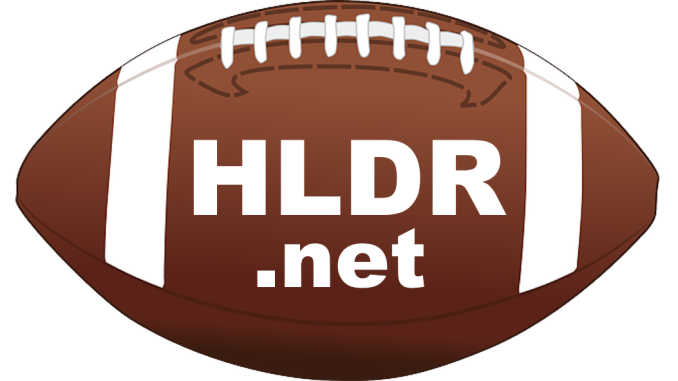
Given the massive popularity of the NFL, it’s surprising that the sport is shrouded in so much betting misunderstanding and misconception.
Let’s try to separate betting myth from reality:
Myth #1: Betting lines are created to beat the public.
Reality: With the exception of the Super Bowl, the public plays almost no role in the linemaking process. The betting line is created and adjusted to meet the opinion of professional gamblers because it is they, not the casual fan, who bets serious money on the game.
Myth #2: Betting lines get balanced action.
Reality: While the goal is to construct a betting line that is of equal attraction to both favorite and underdog players, it rarely works out that way. More typically, a third of the games on the NFL schedule will have an insignificant amount of betting to cause much of a concern, another third will have active but balanced betting and the remaining third will have mostly one-way action. Traditionally, how the house fares on these lopsided games, called “decisions,” determines whether books win or lose.
Myth #3: Bookmakers have inside information that they use to establish “trap” games.
Reality: Nowadays, with nearly everyone having access to the Internet, it’s not so much the information as how well that data is interpreted. Bookmakers still may occasionally receive information regarding injuries or weather changes before players, but thanks to technology, that advantage often can be measured in seconds. Many years ago, if a bookmaker found out some significant nugget of data, he might try to lure the bettor to the “wrong” side. Those days are gone as inside information has all but ceased to exist and there is no such thing as a “trap” game.
Myth #4: Bettors have the edge early in the season because oddsmakers and bookmakers need more time to assess the teams.
Reality: More hours are spent analyzing the opening week of the NFL season than any other is. A detailed, in-depth assessment of NFL teams begins more than a month before the opening kickoff. While it’s true that teams often do not tip their hand during the preseason or against weak, non-divisional foes, players are in no better position to uncover this deception than are bookmakers. Historically, the first six weeks of the season have been very kind to bookmakers. That’s probably not just luck.
Myth #5: Professional gamblers pick their spots, betting just a couple of games a weekend.
Reality: Actually, sophisticated gamblers bet a lot of games. Think of it this way: If you’re a successful gambler, why risk serious money on just a few games where a freak play or an official’s call can make you a loser? The wider the net is tossed, the less of a factor luck becomes in the outcome.
Myth #6: Wiseguys bet more on games they really like.
Reality: More than any misconception, this myth probably best illustrates the difference between how professionals and amateurs think. A professional gambler believes that if a game is worth betting, it’s worth betting significantly. Professional bettors generally wager approximately the same amount on every game they play. The concept of a “best bet” is a media creation that is foreign to professional sports bettors. Professional gamblers believe all their bets are good ones; that’s why they make them.
Myth #7: Bettors can win by concentrating on a specific conference, division or region.
Reality: Not likely. It’s not enough to have one specific area of expertise because the NFL schedule demands that teams play half their games outside their own division. Knowing the strength of a team is worthless if you don’t also know the strength of the opponent.
Myth #8: Statistical wagering trends are important.
Reality: Technical analysis may be popular but it’s hardly meaningful. Professional bettors put little faith in the favorite/underdog, home/away pointspread analysis that so often is cited by gridiron “handicappers.” It’s just another method of backfitting dismissed as irrelevant by wiseguys.
Myth #9: It’s never wise to bet on rumors
Reality: Oh, yes it is. For example, if a professional bettor hears a rumor that Peyton Manning has the flu and is too ill to play quarterback for the Colts, he’ll quickly bet on Indianapolis’ opponent. If the rumor is correct, the gambler has stolen the line on a game that’s certain to change. If the rumor is false, then he’s played Indianapolis’ opponent at a fair price. Since most lines are accurate, the bettor takes little betting risk in chasing a rumor.